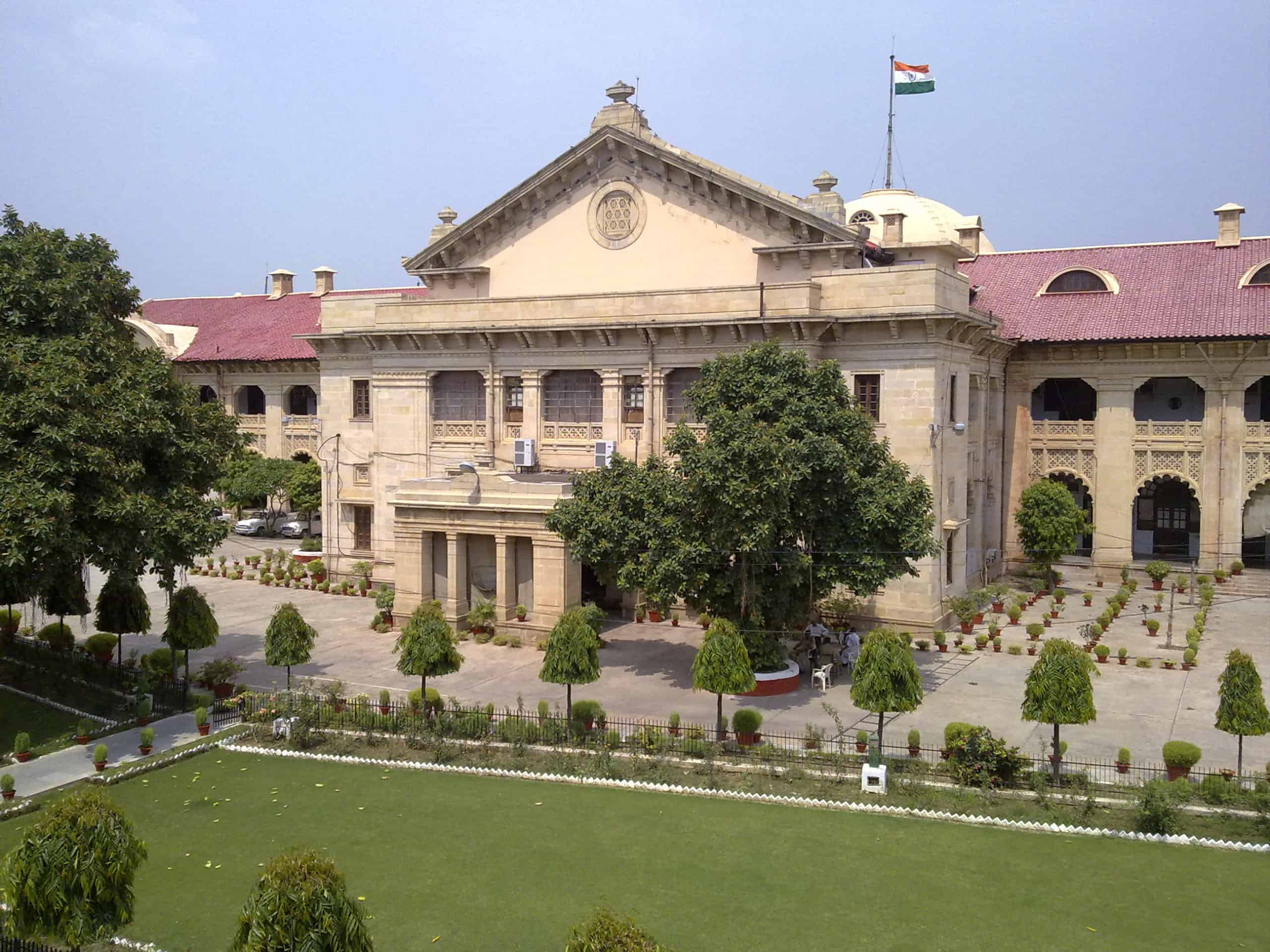The Allahabad High Court on Tuesday ordered that Uttar Pradesh urban local body elections be held without reservation for the Other Backward Classes (OBCs), since the State’s notification for OBC reservation failed to fulfil triple test formula laid down by Supreme Court.
Justices Saurabh Lavania and DK Uphadhyaya directed the State Election Commission (SEC) to conduct elections on immediate basis without OBC reservation but to include reservation for women as per constitution.
The Court was hearing batch of pleas against the State government’s draft notification to provide OBC reservation in the elections without fulfilling the triple test formality.
The bench quashed the government’s notification dated December 5, issued by the Department of Urban Development, under Section 9A(5)(3) noting that government intended to conduct local body elections after reserving 4 mayor seats in the State for OBCs despite not fulfilling the ‘triple test’ prescribed in the case of Vikas Kishanrao Gawali v State of Maharashtra & Ors by the Supreme Court, to determine the political backwardness of OBCs.
For clarity, as per the triple test laid out in Vikas Kishanrao Gawali judgment, the following conditions are required to be complied with by the State before reserving seats in local bodies for OBCs:
– constituting a commission to study the nature and implications of backwardness with respect to claims for reservation in local bodies;
– laying out the quantum of reservation in line with recommendations of the said commission; and
– not breaching the 50 percent cap on reservation.
The Court observed that the State has not set up the dedicated Commission for conducting the empirical study into the nature and implications of backwardness for the purposes of providing reservation to Backward Class of citizens in the local self-government institutions and thereby has not made necessary changes in the statutory prescriptions.
“State of Uttar Pradesh cannot, thus, be permitted to flout the dictum of Hon’ble Supreme Court and take a plea that State enactments have not been challenged to deny the reliefs claimed in these petitions for the reason that Hon’ble Supreme Court in Vikas Kishanrao Gawali (supra) reiterated that States ought to take a relook at its policies including the Legislative policies with regard to reservation in local self-government bodies,” the Court ordered.
Therefore, the Court ruled that the State is under an obligation to re-frame its policy including by way of having a fresh look at its legislative prescriptions in tune with the law declared by the Constitution Bench of Supreme Court.
The High Court thus directed the State to constitute a dedicated commission for undertaking the exercise of conducting empirical study as to the nature and implications of backwardness for the purposes of providing reservation to backward class of citizens in the context of elections to the urban local bodies.
“The claim of transgenders for their inclusion amongst Backward Class of citizens shall also be considered,” the Court added.
It also quashed government Order dated December 12 issued by the State government which provides for operation of bank accounts of Municipalities under joint signatures of Executive Officers and the Senior Most Officer in Uttar Pradesh Palika Centralized Service (Accounts Cadre).
“In case, term of Municipal Body comes to an end, till the formation of the elected Body the affairs of such Municipal Body shall be conducted by a three-member Committee headed by the District Magistrate concerned, of which the Executive Officer/Chief Executive Officer/Municipal Commissioner shall be a member. The third member shall be a District Level Officer to be nominated by the District Magistrate,” held the Court.
To fortify the democratic character of governance of society, it is essential that the elections are held at the earliest which cannot wait, the Court said while directing the State and SEC to immediately notify the elections guided by the provisions of Article 243U of the Constitution of India.
Source Link




